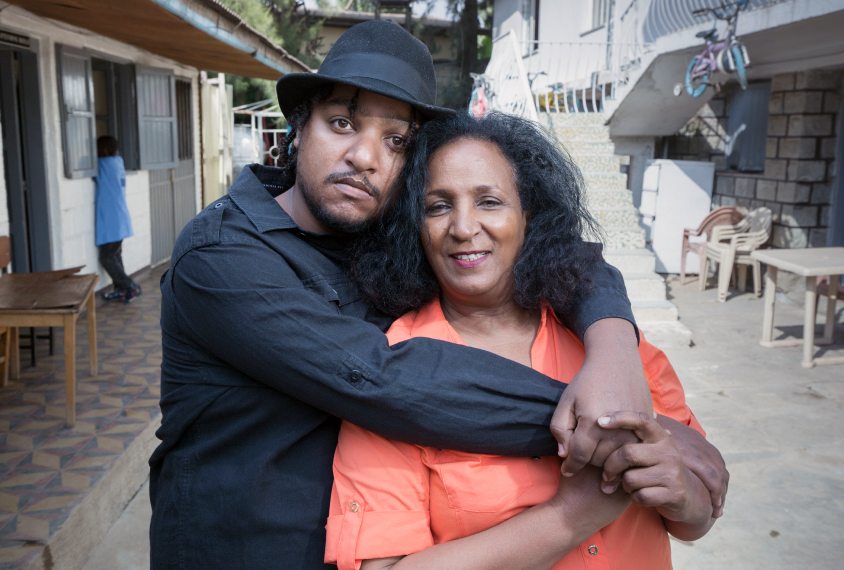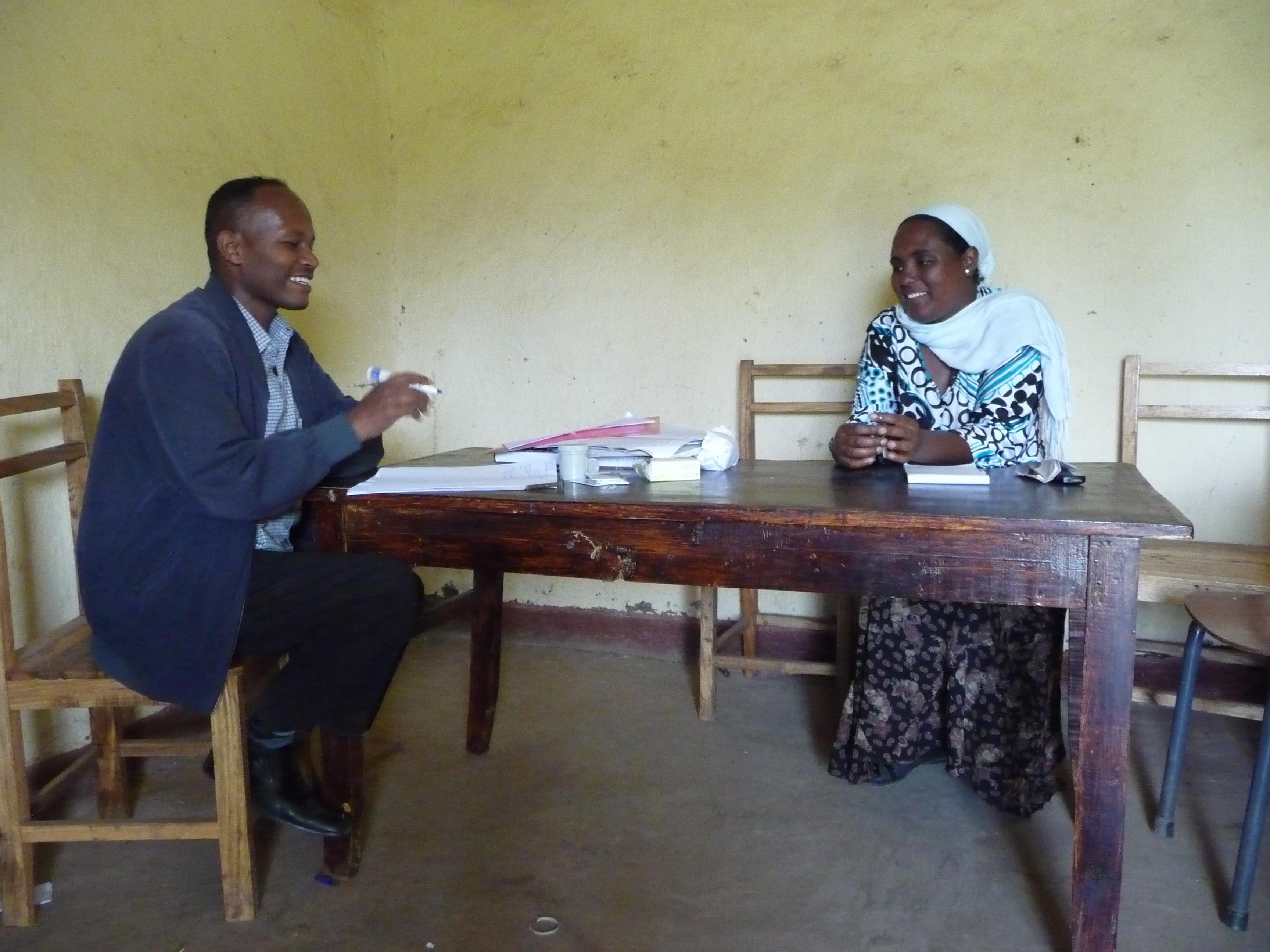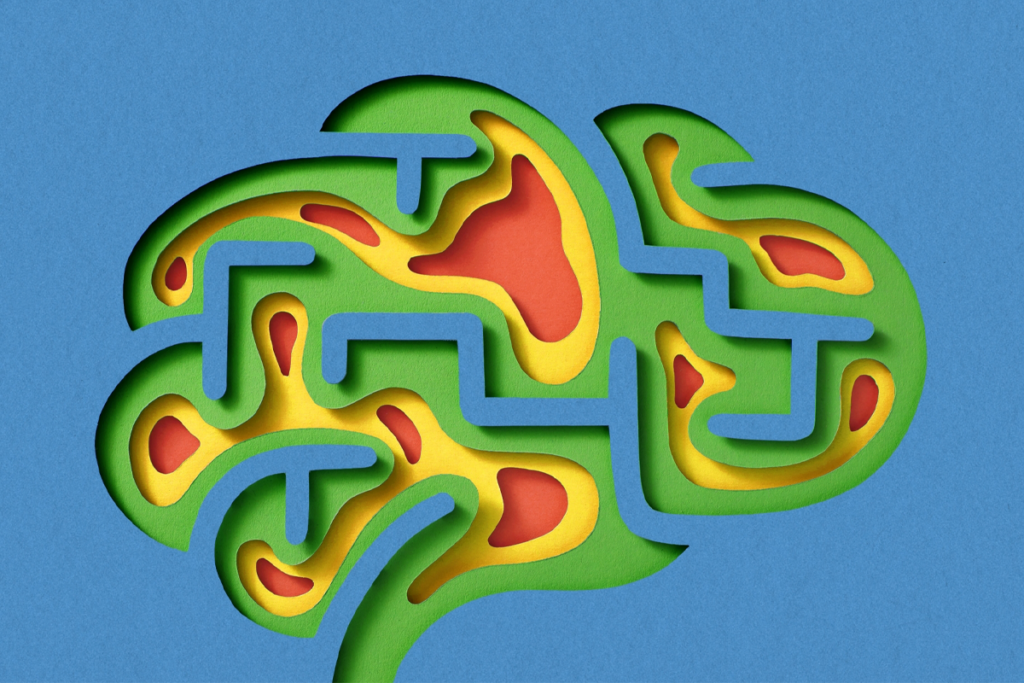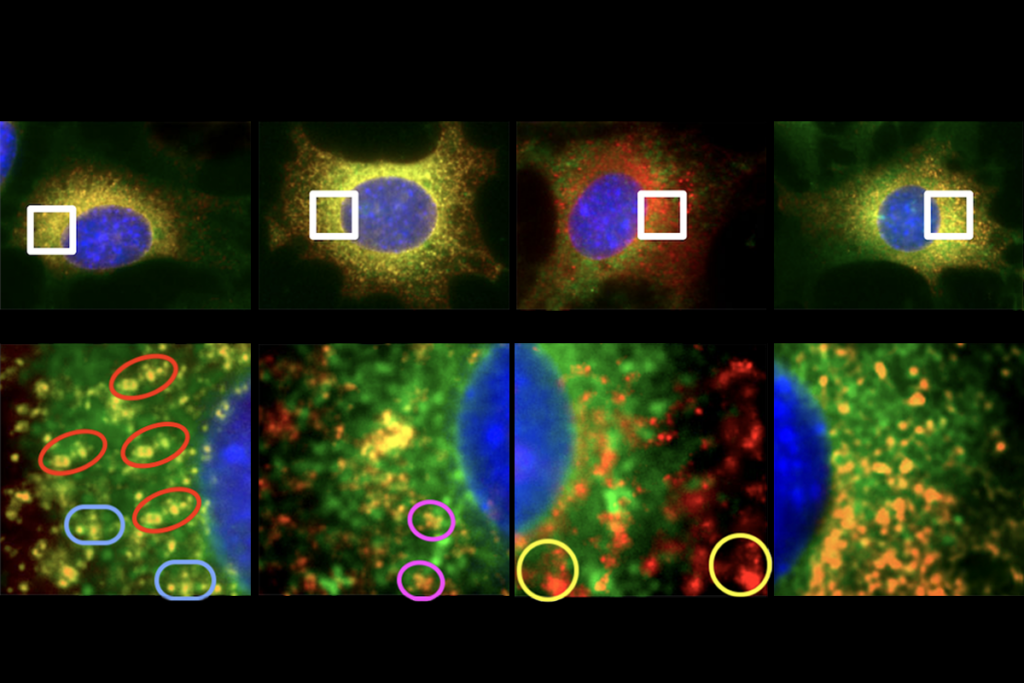Rosa Hoekstra is reader in global perspectives on neurodevelopmental disorders at Kings College London in the United Kingdom.

Rosa Hoekstra
Lecturer
Kings College London
From this contributor
Remembering Zemi Yenus: An ambassador for autism in Africa
Zemi Yenus was the mother of a child with autism, founder of Ethiopia’s first school for autistic children and a tireless advocate for autism awareness and research in Africa.

Remembering Zemi Yenus: An ambassador for autism in Africa
How to address autism in Ethiopia and other low-income nations
Even short programs with a focus on mental health can train community health workers to help children with autism in Ethiopia and elsewhere.

How to address autism in Ethiopia and other low-income nations
Explore more from The Transmitter
‘Elusive Cures: Why Neuroscience Hasn’t Solved Brain Disorders—and How We Can Change That,’ an excerpt
In her new book, published today, neuroscientist Nicole Rust takes us on her personal quest to spell out the brain research community's "Grand Plan."

‘Elusive Cures: Why Neuroscience Hasn’t Solved Brain Disorders—and How We Can Change That,’ an excerpt
In her new book, published today, neuroscientist Nicole Rust takes us on her personal quest to spell out the brain research community's "Grand Plan."
Convergent effects of autism-linked genes in zebrafish; and more
Here is a roundup of autism-related news and research spotted around the web for the week of 9 June.

Convergent effects of autism-linked genes in zebrafish; and more
Here is a roundup of autism-related news and research spotted around the web for the week of 9 June.
More than two dozen papers by neural tube researcher come under scrutiny
One of the studies, published in 2021 in Science Advances, received an editorial expression of concern on 21 May, after the journal learned that an institutional review of alleged image problems is underway.

More than two dozen papers by neural tube researcher come under scrutiny
One of the studies, published in 2021 in Science Advances, received an editorial expression of concern on 21 May, after the journal learned that an institutional review of alleged image problems is underway.